Bookseller in Hay-on-Wye, Good Omens fan, Eigon on AO3, she/they
Don't wanna be here? Send us removal request.
Text
I finished reading The Lord of the Rings for the first time in my life. With all of *vague gesture at everything* this going on.
I Am Not Okay
4K notes
·
View notes
Note
I saw you agree with the soft dom stuff in Aziraphale Defenders and I just don't know where you guys are seeing that.
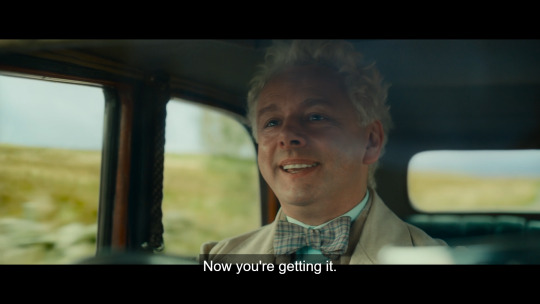

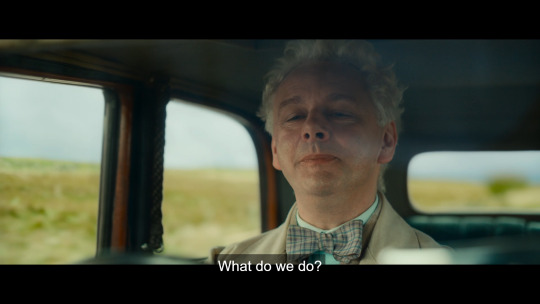


For starters. 💕😇😉
254 notes
·
View notes
Text
How many angels can dance on the head of a pin? 📍
This electronic music box is not technically a new piece, but a rework of an old one!
When I first made this in 2023 I had no laser machine, and had only just started doing more elaborate art pieces. The woodwork was rough, the details/designs were made of cardstock, and the internal electronics were a total mess. You couldn’t even play the music at the same time as the rotating dancers 😬 I’ve come a long way since then!
I remade the entire base from scratch, out of engraved wood this time, and redesigned all the electronics. I’ve also re-done the halos, changed the center rotating rod from acrylic to brass, and tidied up a lot of misc internal things, with the end result being a piece that is much sturdier, cleaner, and works much more smoothly. And WHY spend hours doing this, you ask?
Well, I had intended to gift this to a certain unnamed person back then, but for once in my life my ADHD time blindness came in clutch and I never got around to sending it out. I was embarrassed at the time, but what a relief now! So I’m happy to say that this cleaned up piece will be up for auction at The Ineffable Con in August to benefit Alzheimer’s research, in honor of Terry Pratchett.
741 notes
·
View notes
Text
Context is important! Pole and sex work are inextricably linked, but there are distinctions between them. Strippers made this hobby what it is, and taught me what I know, and while I haven’t lived that life, I’m honoured to stand on their shoulders.
I hear Patreon has cool stuff
37K notes
·
View notes
Text
Wow, now there's a bot going around on Ao3 telling people that the "moderators" will delete works from "deprecated" fandoms and impose bans.
Fearmongering bullshit, but it's fearmongering bullshit that seems to be taking advantage of the recent spotlight series in order to trick authors into deleting their fics.
Just. Why.
What the hell does anyone get out of making these bots.
43K notes
·
View notes
Text
Bigger than everything 🥲💗
3K notes
·
View notes
Text
A tornado went through my city today. It’s terrible. At least three people are dead. My dad’s an EMT so he’s been out looking for people. He found an eighty-year-old woman dead in a church. Her phone was going off beside her body, it was her family desperately trying to contact her.
99 notes
·
View notes
Text
If you’re european and can vote please sign!
In any case, share as much as you can

18K notes
·
View notes
Text
"empowering women by sending katy perry to space for 2 minutes" shut the fuck up. samantha cristoforetti was the first female commander of the international space station and she became an astronaut because of star trek. and there is a real chance she is a kirk/spock shipper
100K notes
·
View notes
Text
when talking about AI remember the different versions:
Analytical AI, is the one that can detect cancer and save lives
Generative AI is the one that steals art to make it worse, and gives you a wrong answer every time you google something
Weird Al is the one who got his ponysona to canonically have children with a pony from my little pony
31K notes
·
View notes
Text
The last days of the petition against conversion therapy are FASCINATING to watch. I have been following it pretty closely for almost a year now, and the progress was, above all, steady. There was this jump when some algorithm in Finland picked it up, but even that was local.
And now, everyone is panicking.
Which really shows.
These past three or four days, multiple countries have reached the threshold. Even more notably, the number of signatures in total, the ones that we need to get one million of, are growing rapidly. There are only 400'000 signatures missing. Two days ago, it was closer to 600'000.
You can see the progress here:
Consider joining the fun by making everyone around you sign it!
28K notes
·
View notes
Text
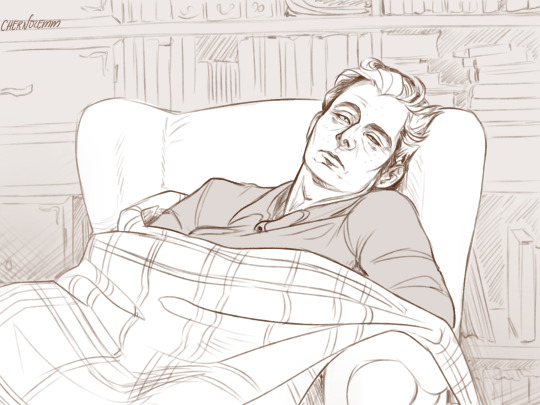
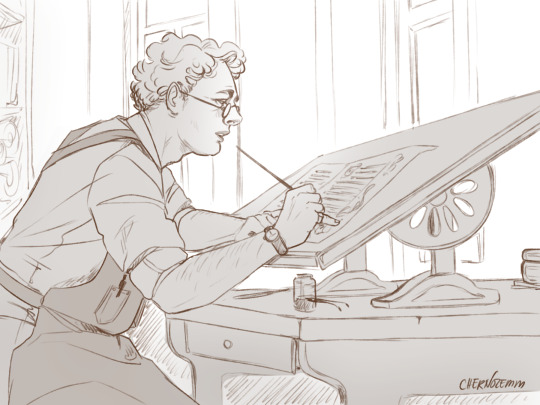
infatuation makes your heart race love is quiet. love sets you at ease.
and because most of my pieces are mental screenshots of little scenes in my head, here's the scene:
Crowley was tugged into consciousness bit by bit. The afternoon light slowly filtered in, as well as the hum of music from the other room and the weird angle his neck was at. He was warm and content and wanted to sink back into his nap, but the threads of sleep fluttered away the more he tried. Finally, he took a deeper breath, shifting in the armchair, and cracked an eye open just a sliver. There he was, the angel, sitting at his desk. Had hardly noticed Crowley was awake, engulfed in his task of retouching a damaged page. Looking at his hands, Crowley became aware of the fuzzy warmth covering his own and peeked down to see a blanket tucked around his shoulders.
The feeling hit him so hard he let his head loll to the side, eyes closed. His chest tightened and he just…buckled. Finally came undone under the weight of his love for Aziraphale. Its inexorable, steadfast pull which he had been pushing back against for millennia, it had finally caught him off guard, sleepy and vulnerable and so tired from holding back, from refusing to name it. It was a quiet surrender. Crowley looked back at Aziraphale with the understanding of a man meeting his end and embracing it.
Perhaps he could gently pull the blanket to the side and get up. Perhaps he could cross the few steps to the desk and place a freshly made cup of tea to Aziraphale’s right. Perhaps he would hold his gaze, for longer than needed to answer “Don’t mention it”. Perhaps he would ask him if he would like a scone with that. Perhaps Aziraphale would understand that this was not about the scone at all. And yet, what Crowley was asking of him was also exactly about scones. And tea. And quiet afternoons together. Perhaps the angel would finally put down his sword, too, and the world would let out a breath it had been holding for millennia.
the soulmate to this piece, i guess.
21K notes
·
View notes
Text
nurses in crisis

So, it’s Nurses Week. You know what that means. Time for a heartfelt email from leadership about how we’re the “backbone of healthcare” and maybe—just maybe—a leftover bagel in the breakroom if you get there early enough. If you’re lucky, there’s a gift. A pen, perhaps. Nothing says “we value you” like a plastic writing utensil that leaks in your pocket.
At my hospital, the “appreciation” is funded by—you guessed it—us. The R&R committee throws some fundraisers throughout the year, and the money raised pays for Nurses Week. Yep. Raised by nurses. For nurses. Basically, we’re paying to be thanked for the job we’re barely surviving. It’s like buying yourself a birthday cake and hoping someone shows up to eat it with you. Spoiler: they don’t.
Oh, and did I mention they recently took away our extra shift bonuses? Bonuses that were in place for over five years to incentivize picking up shifts during—what’s that thing called again? Oh right, a nationwide nursing shortage crisis.
Here’s what would actually help with retention and staffing:
Pay us more. Not in pizza. In actual money.
Implement and enforce safe staffing ratios. No exceptions. No “but the budget.” No “float from three units over.” Just safe.
Make our workplace safe—physically, emotionally, and mentally.
Enforce consequences for patients who verbally and physically assault us.
Give us sick time again. PTO and sick time are not the same, and calling them that doesn’t make it true.
Stop charging hospital employees for parking. (Not a thing at my place, thankfully, but I see you, hospitals that do.)
And here’s the kicker: ignoring safe staffing ratios doesn’t just burn out nurses—it kills patients. That’s not dramatic, it’s documented. Study after study shows that when nurses are stretched too thin, patient mortality rises. Not “might rise.” Does rise. Lives are lost because hospitals treat nurse-to-patient ratios like a suggestion instead of a life-saving standard.
But of course, none of this happens. Because fixing those things would cost money. And on paper, it’s “cheaper” to underpay us, overwork us, and hand us a slice of lukewarm pizza once a year while HR sends out a Canva graphic that says, “Thanks, Heroes.”
Fun fact: under-staffing actually leads to bonuses for some in management. Yes. When units run lean, money gets saved. And guess who benefits? Not the people running the unit on fumes. Certainly not the nurse who’s been triple-assigned, hasn’t peed in ten hours, and had to eat a sleeve of saltines over a trash can while crying about their charting backlog.
And as if we don’t already have enough on our plate, every couple of weeks there’s a new policy or protocol shoved down our throats. No warning. No discussion. Just a shiny new checkbox or metric that someone in a far-off office decided would “improve outcomes” without ever actually touching a patient. You barely finish learning one new documentation requirement before three more show up in your inbox—each one supposedly designed to “streamline care,” but really just another anchor tied to your already-sinking morale.
To make it worse, I live in a state that relies heavily on Medicaid and Medicare reimbursement, has a chronically unhealthy population, and a revolving door of patients with poorly managed chronic illness, addiction, and no social support. That means there are never enough beds, never enough staff, and always too much trauma. Bed delays. Unsafe care. Nurses stretched so thin we’re basically gauze at this point.
We are burnt out.
Not just “tired.” Not “a little crispy.” We are full-on charred marshmallow—blackened on the outside, hollow on the inside, and still somehow expected to hold it all together on a graham cracker of hope and a chocolate square of sarcasm.
I’ve been a nurse for 15 years. Which, in current nurse-years, is practically prehistoric. And nurses who are less than one year in? Already fried. It’s like throwing baby deer into traffic and asking them why they aren’t running faster.
And here’s the thing—it’s easy to sit on this side of the hospital wall and name the problems. It’s even easier to list the fixes. But upstairs? The offices? The boardrooms? They’re too busy drafting another “Nurses Are Superheroes” flyer to notice we’re over here trying to stop the whole system from collapsing.
Recently, our PTO has been denied. Not because we’re not entitled to it—but because they claim we’re “too short.” No kidding. We’ve been too short for years. You don't get to penalize the people who stayed while the revolving door turned into a wind tunnel.
And let’s talk about pay. Loyalty gets you nowhere. Grad nurses are making more than experienced ones now, because “we have to stay competitive to attract talent.” Cool. So you’ll pay a nurse more to learn how to hang a piggyback, but not the one who knows how to keep your critically ill ICU patients alive through sheer knowledge and caffeine?
Honestly, nursing school feels like a scam some days. My checkoffs included making beds with hospital corners. Like I was applying for a job at the Hilton. No one gives a damn about their bed corners when they’re vomiting blood or actively dying. Get real.
So, this Nurses Week, take the gift bag. Eat the cupcake. Read the email. But don’t confuse any of that with actual appreciation.
Real appreciation looks like:
Safe ratios.
Fair pay.
Mental health support.
Actual sick time.
Time off when we ask for it.
And yes, listening when we say, “We’re drowning.”
If you want to thank a nurse, don’t say it. Show it. Take something off their plate. Drop off dinner. Babysit their kids. Venmo them $20 for coffee and snacks. Listen—really listen—to the things they carry. Because what we carry doesn’t end when we clock out. We carry every failed code, every screaming family member, every patient we couldn’t save. It lives in our bones.
You think Game of Thrones was traumatic? Try doing CPR on someone for 40 minutes while their family watches. Then go wipe down your stethoscope and clock in for the next one.
So this week, if you know a nurse who’s barely holding it together—don’t thank them. Don’t post a meme. Don’t give them a balloon.
Just be kind. Patience, empathy, decency—it goes a long way. Because the truth is, without us, the hospital doesn’t just struggle—it stops.
And if nothing changes? If the system doesn’t start valuing us in tangible, meaningful ways? There may come a time where there’s simply no one left to care.
But you know, thanks for the pizza, I guess.
Source: nurses in crisis
485 notes
·
View notes
Photo







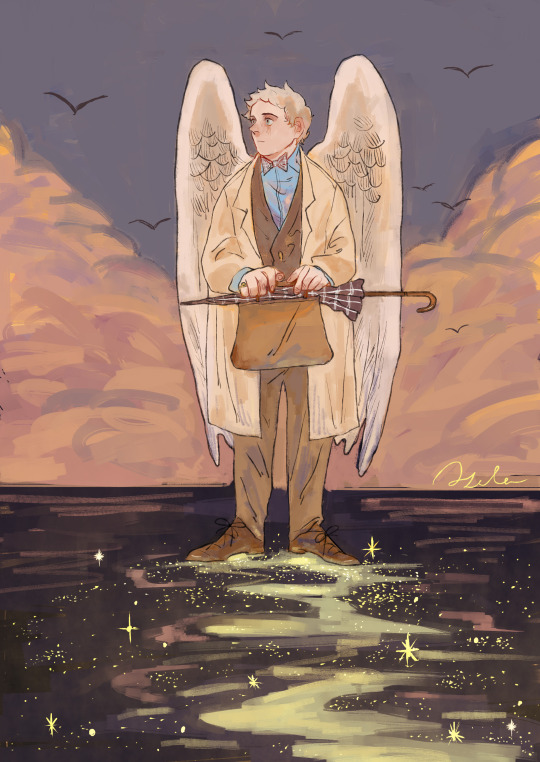
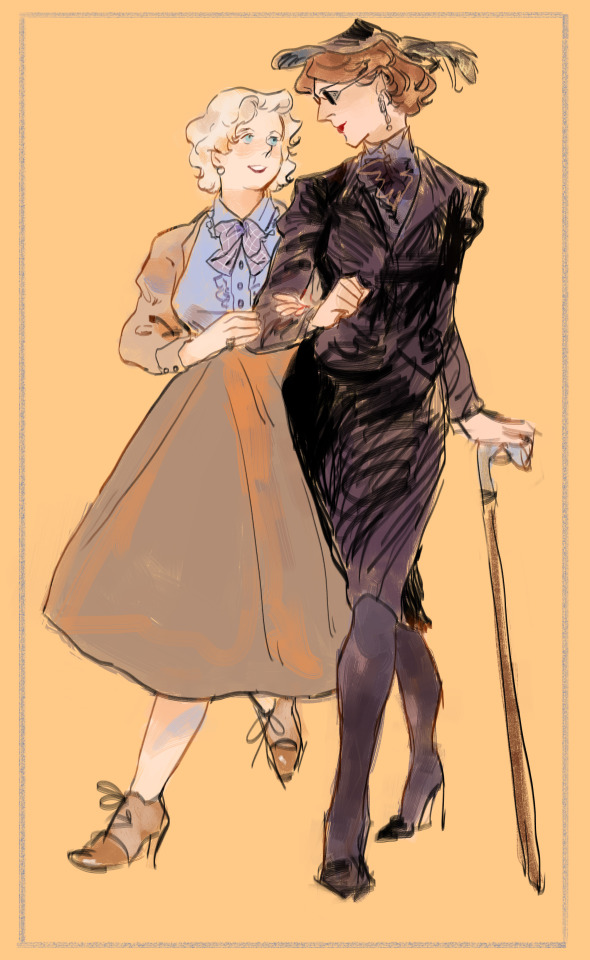

yes, I haven’t posted pictures on my blog for a long time …
14K notes
·
View notes
Text

I was a little sad when I did this and somehow It comforted me
4K notes
·
View notes
Text
How it started:

How it’s going:
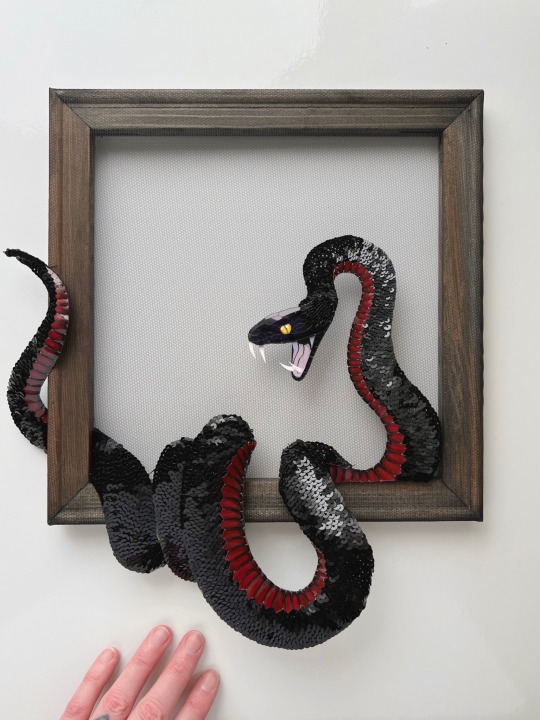
Just a lil reminder that even if it doesn’t feel like it, even if it feels so fucking slow and you can’t see it at all, you do improve when you keep doing the thing. I love you. Hang in there.
34K notes
·
View notes
